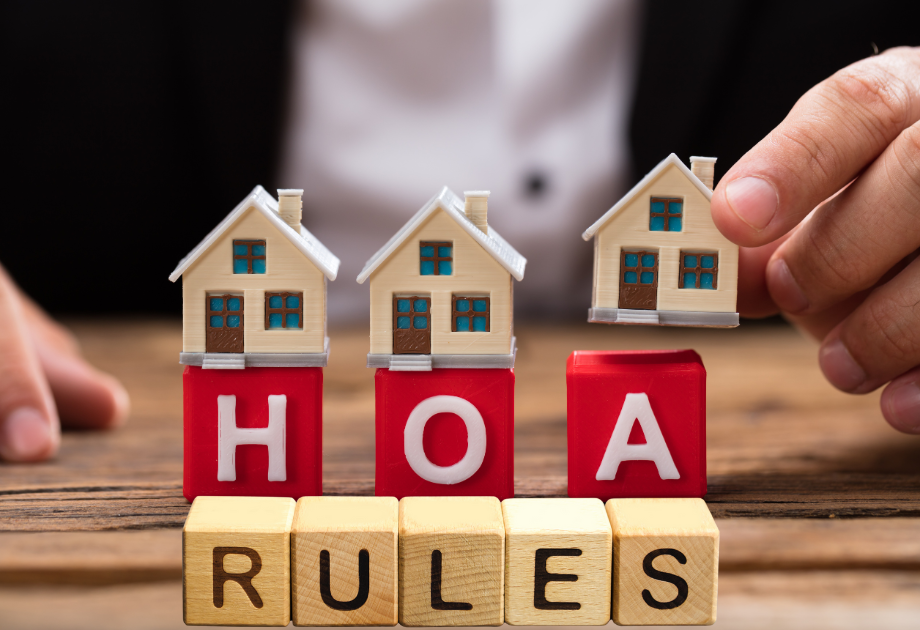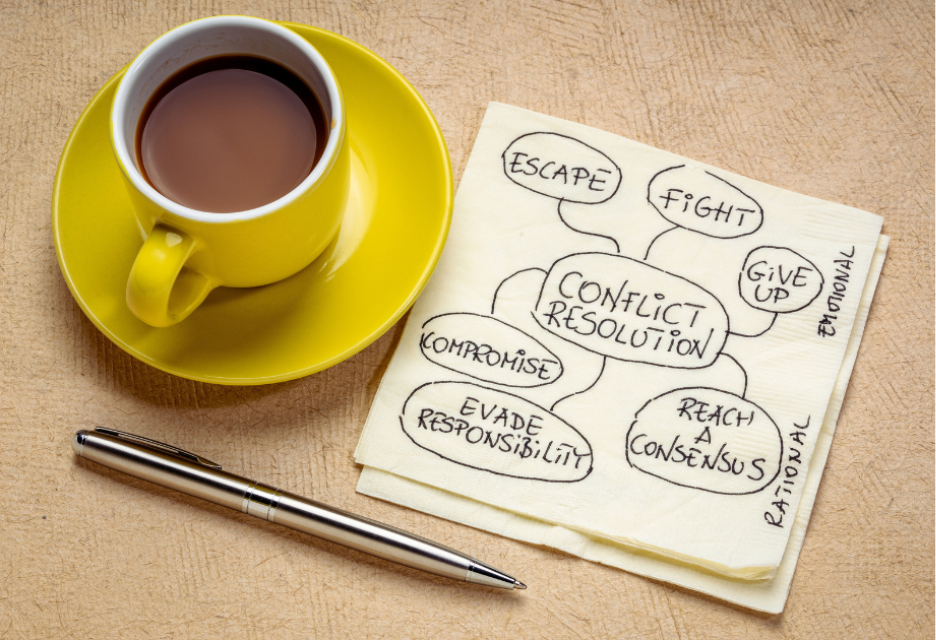HOA Board Conflict Happens. Here’s How to Handle It Productively
HOA Board Conflict Happens. Here’s How to Handle It Productively
.jpg)
When neighbors volunteer to serve on an HOA board, they do it because they care. They want to protect property values, strengthen relationships, and keep the community running smoothly. That same commitment, however, can sometimes lead to disagreement. A tough budget decision, a change to community rules, or even the tone of an email can create tension.
Conflict does not mean the board is failing. It means people are engaged. What matters most is how those moments are handled. When boards avoid difficult conversations, progress slows and trust erodes. When they face challenges with fairness and structure, collaboration grows stronger.
At Management Plus, we have supported boards across Ohio, Kentucky, and Indiana that turned disagreement into cooperation. The following guidance will help you keep discussions productive and protect the teamwork that holds your community together.
Why HOA Board Conflict Can’t Be Ignored
Every board encounters disagreement at some point. What happens next determines whether the community moves forward or stalls. When tension lingers, its effects reach beyond the meeting table. Decisions take longer, maintenance gets delayed, and residents begin to feel less connected to the work being done on their behalf.
Unresolved conflict pulls attention away from what matters most: protecting property values and maintaining trust throughout the neighborhood. Addressing issues while they are still small helps keep discussions constructive and allows the board to stay focused on progress instead of frustration.
Common Sources of HOA Board Disagreement
Most conflicts begin with unclear expectations, not personality differences. Common examples include:
- Board members taking on overlapping tasks because responsibilities were not clearly defined.
- Homeowners raising new concerns that disrupt previously approved priorities or budgets. Even well-meant feedback can create strain when resources are limited.
- Rules that seem straightforward until a new situation tests how they should be applied.
Recognizing that most issues stem from process rather than intent helps board members focus on resolution instead of blame.

Creating Community Association Board Rules and Structure for Healthy Disagreement
A clear structure gives everyone the same reference point. When rules and expectations are set ahead of time, board members can speak openly without worrying the conversation will spiral or stall.
Defining Clear Roles and Responsibilities
Each officer’s role should be clearly defined. Written descriptions prevent confusion and reduce frustration. Without them, a board president might make a decision that others expected to weigh in on. Clarity protects relationships and reinforces mutual respect.
An organized agenda supports that structure. Listing topics in order, setting time limits, and addressing one issue at a time helps meetings stay efficient and balanced. When everyone understands the flow, decisions are easier to make and follow-up feels natural.
Encouraging Respectful Communication
The way conversations happen often matters as much as what is being discussed. Boards that take time to agree on tone, listen carefully, and stay focused on the issue tend to reach conclusions more effectively.
Simple guidelines make a difference: one person speaks at a time, every member has a chance to contribute, and ideas are discussed without personal criticism. These practices encourage openness and help prevent misunderstandings. Over time, consistent respect builds lasting trust within the board and across the community.
How Professional Community Association Management Strengthens Resolution
Even experienced volunteers sometimes reach an impasse. When discussions repeat without progress or tensions rise, an objective perspective can help everyone regain clarity.
Neutral Mediation and Community Association Conflict of Interest Guidance
Professional management provides a neutral, informed voice. The team at Management Plus helps boards interpret governing documents, apply bylaws consistently, and avoid conflicts of interest.
Keeping conversations focused on policy rather than opinion leads to fairer outcomes. Board members feel heard, homeowners feel reassured, and meetings remain centered on solutions rather than personalities.

Community Association Conflict Resolution Training for Board Members
Preparation is one of the most effective ways to prevent future disputes. Training gives volunteers practical tools for leading meetings, managing motions, and communicating decisions clearly.
Just a few hours of education can have a lasting effect. Boards that share the same understanding of conflict resolution procedures save time, reduce tension, and create a consistent approach to future challenges.
Rebuilding Community Trust After a Board Conflict
Once a disagreement has been resolved, the next step is rebuilding confidence. Homeowners want to understand what changed and how the decision will affect them. Sharing updates openly demonstrates transparency and care.
Posting clear summaries in meeting minutes or newsletters helps residents see that progress continues. Following through on agreed actions, such as scheduling repairs, sending notices, or updating policies, reinforces reliability. When residents observe steady effort, trust returns naturally.
It also helps to acknowledge the time and commitment board members dedicate to their volunteer roles. Expressing appreciation in a community update reminds everyone that these efforts come from neighbors who want the best for their community.
Turn Conflict into Progress with Management Plus
Disagreement is a natural part of working together. What defines a strong community is how it responds. With clear structure, respectful communication, and professional guidance, boards can resolve issues quickly and maintain positive relationships.
At Management Plus, we help volunteer boards stay focused on their shared goal: a thriving, well-managed community. Our team assists with agendas, documentation, communication, and meeting facilitation. We also provide education that helps members feel prepared and confident when challenges arise.
If your board could benefit from clarity, structure, or steady guidance, we’re ready to help. Contact our team to discuss practical solutions that keep your community working together effectively.
